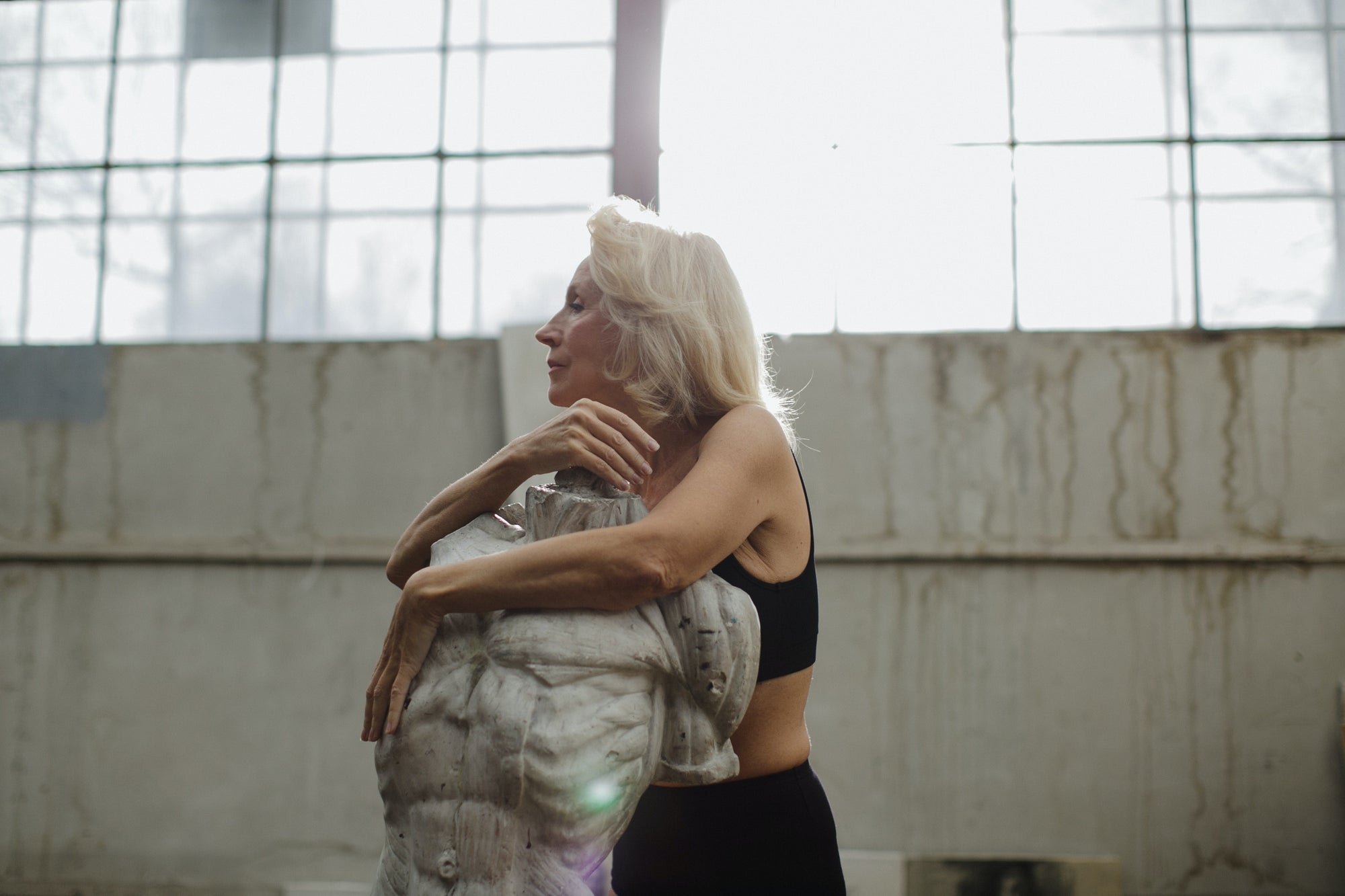What are the biggest causes of aging?
The aging process is a normal part of life that begins in early adulthood and continues regardless of your biological age. Life expectancy depends on numerous factors and varies from person to person.
While some people never seem to add fine lines and wrinkles, others seem to prematurely age. But what are the biggest causes of aging? The simple yet complex answer is that aging is an accumulation of different biological factors and lifestyle choices.
Free Radicals
Free radicals have gotten a lot of bad press in the last few years. And for a good reason. They are thought to be a primary cause of aging, but to what extent is it still debated. Free radicals are unsteady atoms that adversely affect cells, leading to illness and aging.
An atom has a shell that fills with electrons. When the body is full, the atom is stable. But if it isn’t, the atom bonds to another atom resulting in an unstable free radical.
The continued process is oxidative stress and results in different factors, such as premature skin aging and numerous diseases. It can even result in reactive oxygen species, which do have some benefits but can result in different cancer types.

Glycation
Glycation may sound like the latest dance move, but it has everything to do with sugar. The process is when extra sugar accumulates in your skin fibers and is a primary cause of aging.
The extra love starts an internal chain where glucose molecules stick to the elastin proteins and collagen, which keeps your skin supple and firm. Glycation stops collagen and elastin proteins from working correctly, leading to accelerated aging.
So, every time you sink your teeth into a dark chocolate brownie or lap up a frothy milkshake, remember how the sweet stuff not only can expand your waistline but increase fine lines.
Telomere Shortening
Human chromosomes have ends called telomeres. Telomeres are protective tips around your chromosomes that help keep DNA cells healthy. However, every time your skin cell divides or regenerates, the telomere length shortens. The shortening protects the human chromosome but, once gone, can cause DNA damage.
According to Medical News, the telomere shortening can prevent tumors but can decrease stem cell function, organ maintenance, and regeneration. All of which can prevent healthy aging, cause wrinkles, and increase cancer risk.

Sun Exposure
Skin ages. It’s a natural part of life. But what can hurry it along is too much sun exposure. Having fun in the sun creates long-lasting memories, but it can cause wrinkles, age spots, and skin cancer.
Besides getting some rays, people need the sun for vitamin D. Still, the American Academy of Dermatology recommends getting your vitamin D from a supplement instead of the sun’s rays to prevent skin cancer. Aging occurs for different reasons but overindulging in sunshine causes premature aging.
Components of Aging
There are different types of aging, and each plays a role in how someone slides into the golden years.
Hormonal Aging
Everyone wants to talk about hormones when it comes to PMS, but no one seems to talk about how they affect aging. Hormones deplete as one age. These silent but mighty messengers play crucial roles in almost every bodily function, from fertility to aging.
While lower estrogen, testosterone, and other hormone levels are natural as you grow older, you can have premature hormone drops, resulting in feeling run down, moody, and depressed.
You can gain weight, have dry, itchy skin, and lower sexual energy. All of which can make you look and feel well beyond your chronological age.
Cellular Aging
Growing older causes a biological breakdown in your cells. The aging cell begins to stop fighting stress and lifestyle choices. Eventually, this leads to death. However, there is chronological age and biological age.
Chronological age is the age listed on your driver’s license, and biological age is how healthy your cells are. How well you do both is still up for debate, but it’s a combination of genes, environment, and lifestyle factors.
Accumulated Aging
Accumulated aging is the idea that everything that causes cell breakdown adds up in the body. Known also as the garbage accumulation theory of aging, it theorizes that the mutations accumulate, resulting in dysfunction, cell death, and aging.

Metabolic Aging
Metabolic aging is your basal metabolic rate (BMR) compared to those in the same chronological age. BMR is the number of calories you shed while resting. Like everything in life, how fast someone burns calories varies from person to person.
But this has an effect on how you age. Or so the theory goes. But if the idea is correct, then having a higher BMR than those in your age group results in being healthier and fitter. Both work in looking and feeling younger.
Signs of Premature Aging
Everyone shows the sign of aging as the years tick by, but premature aging takes a toll. While the characteristics are similar to normal aging, the following symptoms may indicate you’re growing older too quickly.
- Sunspots
- Age spots
- Gaunt hands
- Inflammation
- Wrinkles
- Hair loss
- Dry skin
If you suspect you’re aging too soon, speak to your healthcare provider for advice.
Reducing Signs of Aging
Normal aging happens, but you can try to slow aging to increase longevity. For younger-looking skin, stay out of the sun and use sun protection. To fight free radicals, add more antioxidants to your diet.
Look at your healthy habits and make them more consistent. Choosing regular physical exercise and a beneficial diet help prevent aging.
Low hormones, try a transdermal hormone cream to boost natural levels. While there’s no permanent anti-aging elixir that makes you live forever, you can extend your lifespan by making different choices. Living longer and happier is possible with the following tips to reduce aging.
- Eat a healthy diet
- Stop smoking
- Limit alcohol
- Alleviate stress
- Regular exercise
- Boost hormone levels
- Reduce free radicals
- Drink water
- Sleep more
Being concerned with aging and longevity is a natural part of life. Who doesn’t want to look years and feel years younger? But knowing the biggest causes of aging may lead to a few more good years than those around you.



